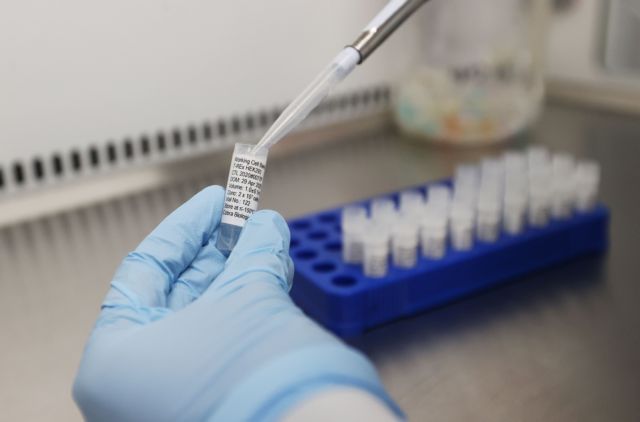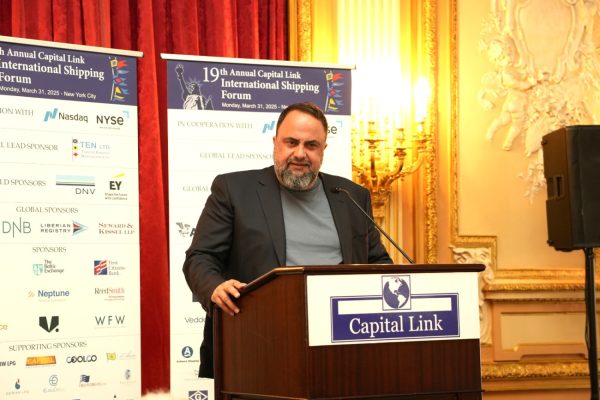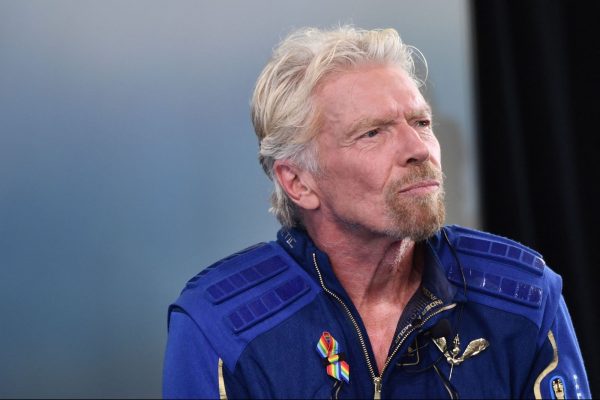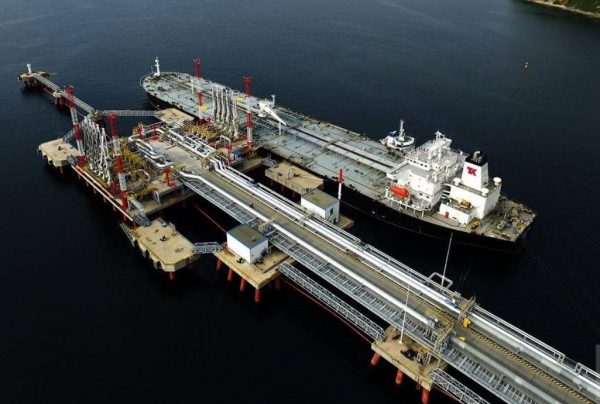
In early 2020, experts repeated the word “uncertainty” many times, surprising the general population in the sense that science usually provides the answers.
In the summer of 2021, one can see what they meant at that time, as the research community found the solution is vaccines, but as long as immunity is delayed, the pandemic virus will continue to threaten.
1. What are the symptoms caused by the Delta strain and how do they differ from the symptoms caused by other strains?
The symptoms that patients show after infection with the Delta strain look more like a severe cold – runny nose, sore throat, headaches and fever are the most common. On the contrary, anemia and lack of taste as well as cough seem to be absent, yet scientists are still collecting relevant data.
2. How contagious is it?
According to the European Center for Disease Control and Prevention, the Delta strain is 40% -60% more contagious than Alpha (also known as the British strain), which is already about 60% more contagious than the original pandemic strain.
3. Does it cause more serious illness?
The available data are not sufficient for the scientific community to decide. It is reported that a total of 42 deaths were recorded in the United Kingdom from 1 February to 7 June. Of those who died, 23 had not been vaccinated, 7 had only received the first dose (they had averaged 21 days after vaccination) and the remaining 12 had died two weeks after completing their vaccination.
4. Do vaccines protect?
The scientific data sends a clear message: vaccination also protects against the Delta strain, provided it is completed. More specifically, the Pfizer vaccine is 79% effective against the Delta strain and AstraZeneca 60%. The percentage, however, seems to climb to 90% in the case of serious illness and hospitalization.
5. So who is most at risk?
Scientists estimate that the fourth wave will usually hit the unvaccinated population. Therefore, the higher the percentage of unvaccinated persons, the greater the dynamics of the upcoming wave. In this light, it is a potentially more deadly strain, because due to its highly infectious nature it will eventually infect the most vulnerable who will become more seriously ill, will be hospitalized and will probably end up with Covid-19 infection, especially in areas with low vaccination rates.
6. Why is vaccination of young people considered critical?
In a recent video, the head of the European Center for Disease Control and Prevention, Andrea Amon, warns that the spread of Delta to unvaccinated age groups will eventually threaten even the most vulnerable groups before they can complete the vaccination. He added, however, that “it is very likely that the Delta variant will be widely available during the summer, especially among young people who are not the target of vaccination.”
7. When is it estimated to prevail in the Old Continent?
Scientists’ calculations are particularly worrying: the Delta variant, originally detected in India, will account for 70% of new infections in the EU by early August and 90% by the end of August. It is worth noting that in total its presence has been verified in 92 countries around the world and is likely to be the predominant coronavirus strain worldwide.
8. Why does the World Health Organization recommend the use of a mask by vaccinated people?
The recommendation for the use of a mask by those vaccinated is that not the whole population has been vaccinated and such an infectious strain can lead to outbreaks of the virus. In Israel, about half of the adults infected with the new strain were fully vaccinated with the Pfizer vaccine.
9. How strong should the wall of immunity be?
The entry of the Indian strain changes the data as now experts estimate that it is not enough for the rate of immunity in the population (either through vaccination or through disease) to reach 70% -75%, to set up a strong barrier that will prevent the fourth wave . Now, they are talking about a wall of immunity that should even exceed 80%.
10. What is Delta plus?
Indian authorities warn of detecting a newer mutation in the new strain, codenamed Delta plus, which is more contagious and affects the lungs more severely. It has already been identified in nine countries, such as Portugal and Switzerland, and just yesterday Denmark was added to the list.
Latest News

Cost of Living: Why Greece’s 3% Inflation Is Raising Alarm
Greece appears to be in a more difficult position when it comes to price hikes, just as we enter the era of Trump’s tariffs.

Fitch Ratings Upgrades the Four Greek Systemic Banks
NBG’s upgrade reflects the bank’s ongoing improvements in its credit profile, Fitch notes in its report, including strong profitability, a reduction in non-performing exposures (NPEs), and lower credit losses

Trump to Announce Sweeping New Tariffs Wednesday, Global Retaliation Expected
With Trump's announcement just hours away, markets, businesses, and foreign governments are bracing for the fallout of one of the most aggressive shifts in U.S. trade policy in decades.

Inflation in Greece at 3.1% in March, Eurostat Reports
Average inflation in the eurozone settled at 2.2%, compared to 2.3% in February

Greece’s Unemployment Rate Drops to 8.6% in February
Despite the overall decline, unemployment remains higher among women and young people.

Jerry Kalogiratos Highlights Key Role of Energy Transition and Data Demand in LNG Outlook
Energy transition and the prospects of LNG were discussed at Capital Link’s 19th Annual International Maritime Forum, during a panel discussion with Jerry Kalogiratos (Capital Clean Energy Carriers Corp.)

Santorini Safe and Ready for a Dynamic Tourism Season
Authenticity, cultural heritage, and genuine experiences at the center of Santorini's new promotional campaign

Electricity Bills: Greece Announces Reduced Tariffs Schedule
Greece will now offer lower electricity rates between 11:00-15:00 and 02:00-04:00

Chevron Confirms Eyeing Natural Gas Exploration South of Crete
Chevron recently declared its intent to explore a third area, south of the Peloponnese.

Evangelos Marinakis: A time of change from which shipping can benefit
Speaking at the 19th Annual Capital Link International Shipping Forum Evangelos Marinakis stressed the challenges that shipping faces today












![Τουρκία: Μεγάλες βλέψεις για παραγωγή ηλεκτρικών οχημάτων [γράφημα]](https://www.ot.gr/wp-content/uploads/2025/03/ot_turkish_autos-90x90.png)











![ΕΛΣΤΑΤ: Αυξήθηκε η οικοδομική δραστηριότητα κατά 15,6% το Δεκέμβριο [πίνακες]](https://www.ot.gr/wp-content/uploads/2025/03/DSC9655-2-1024x569-1-90x90.jpg)

















 Αριθμός Πιστοποίησης
Αριθμός Πιστοποίησης